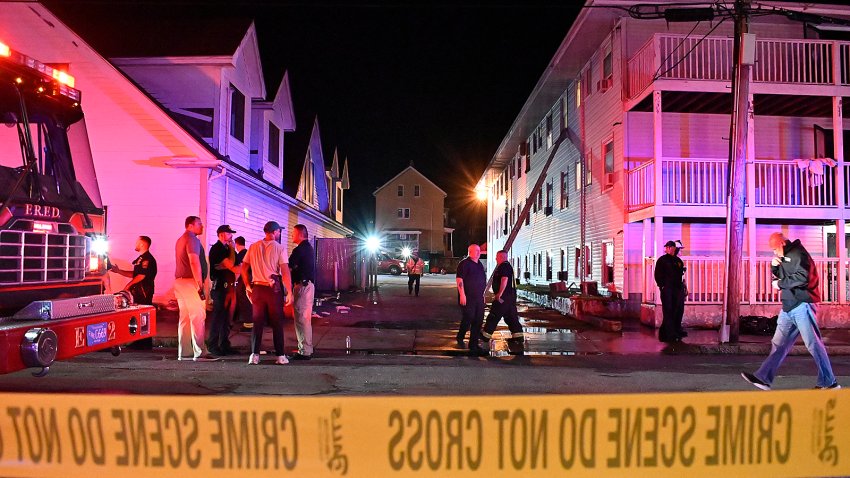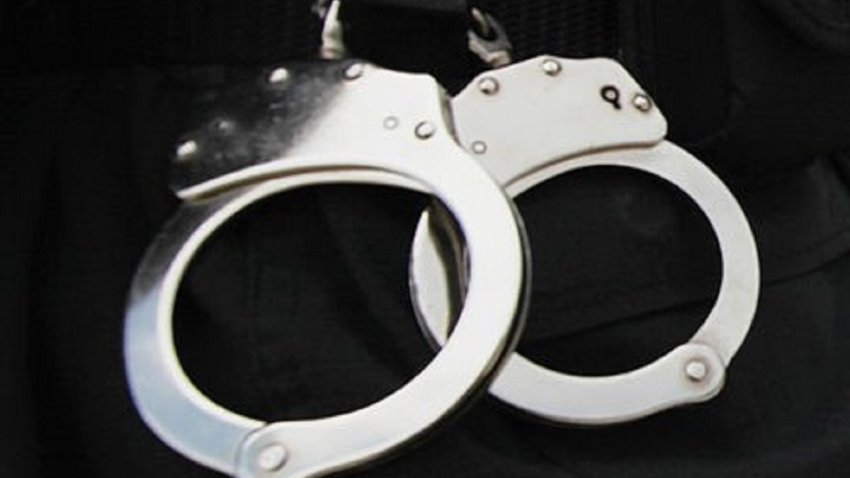
How will Diggs fare in return from injury? Curran and Perry debate
What should Patriots fans expect from Stefon Diggs in the star wideout’s return from a torn ACL? Tom E. Curran and Phil Perry debate.

What should Patriots fans expect from Stefon Diggs in the star wideout’s return from a torn ACL? Tom E. Curran and Phil Perry debate.

The iconic red throwback jerseys and white “Pat Patriot” helmets will return for two games during the 2025 Patriots season.

A heat advisory is in place beginning 11 a.m. Thursday through Friday evening, and we’ve issued a First Alert for Friday with feels-like temperatures expected over 100

A resident who survived the deadly fire at the Gabriel House in Fall River, Massachusetts, is suing the assisted living facility.

Hundreds of thousands of Mass. residents will see their premiums increase by 7% to 12% next year, but two insurance carriers’ rate hikes were rejected as excessive.

The internal competition at Patriots training camp, including Christian Gonzalez vs. Stefon Diggs, will be fun to watch.

A hearing was held on Tuesday afternoon as part of the ongoing labor dispute between several Greater Boston communities, Republic Services and union workers that has trash piling up across the area.

How involved will Stefon Diggs be at Patriots training camp? Mike Vrabel offered insight into how the team will manage the wide receiver’s workload.

A Connecticut man is accused of stabbing two people in what authorities called an “unprovoked” attack at a Massachusetts campground.

The Cowboys haven’t signed Micah Parsons to a new contract, so it would make sense for the Patriots to ask about a potential trade.

Zoo New England has found its next president and CEO.

Single-family home sales were up 5.5% across Mass. in June and, at the halfway point in 2025, are up 3% over the same stretch last year, analysts say.

Three people were hurt when an ambulance rolled over in Boston’s Roxbury neighborhood Tuesday. Boston police confirmed a patient and two EMTs were taken to the hospital with minor injuries after the crash on Jewish War Veterans Drive on Tuesday morning. It was not immediately clear what caused the crash.

A Massachusetts woman is accused of leaking sensitive information presented to a federal grand jury tied to the Karen Read investigation, the Boston Globe reports.